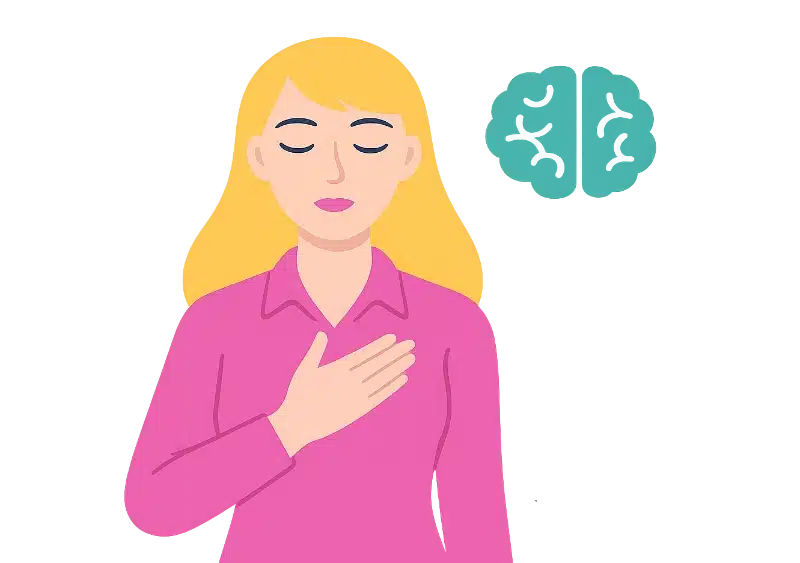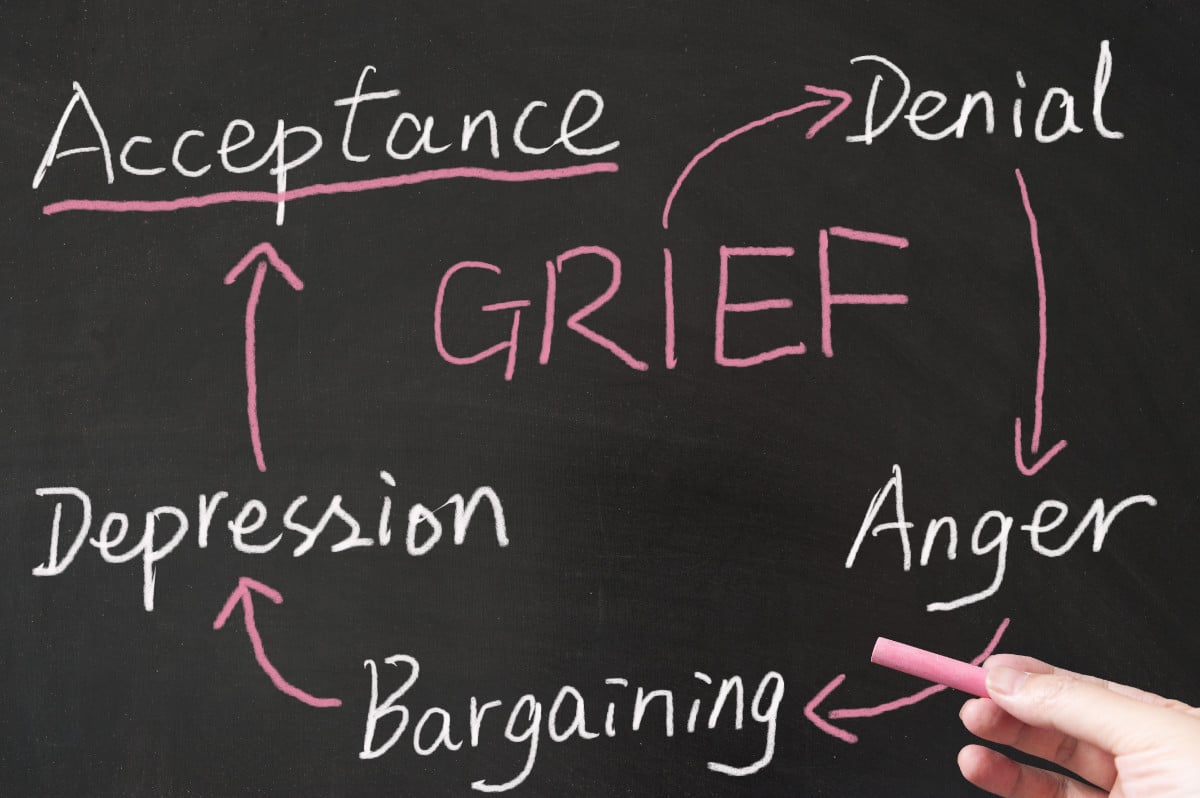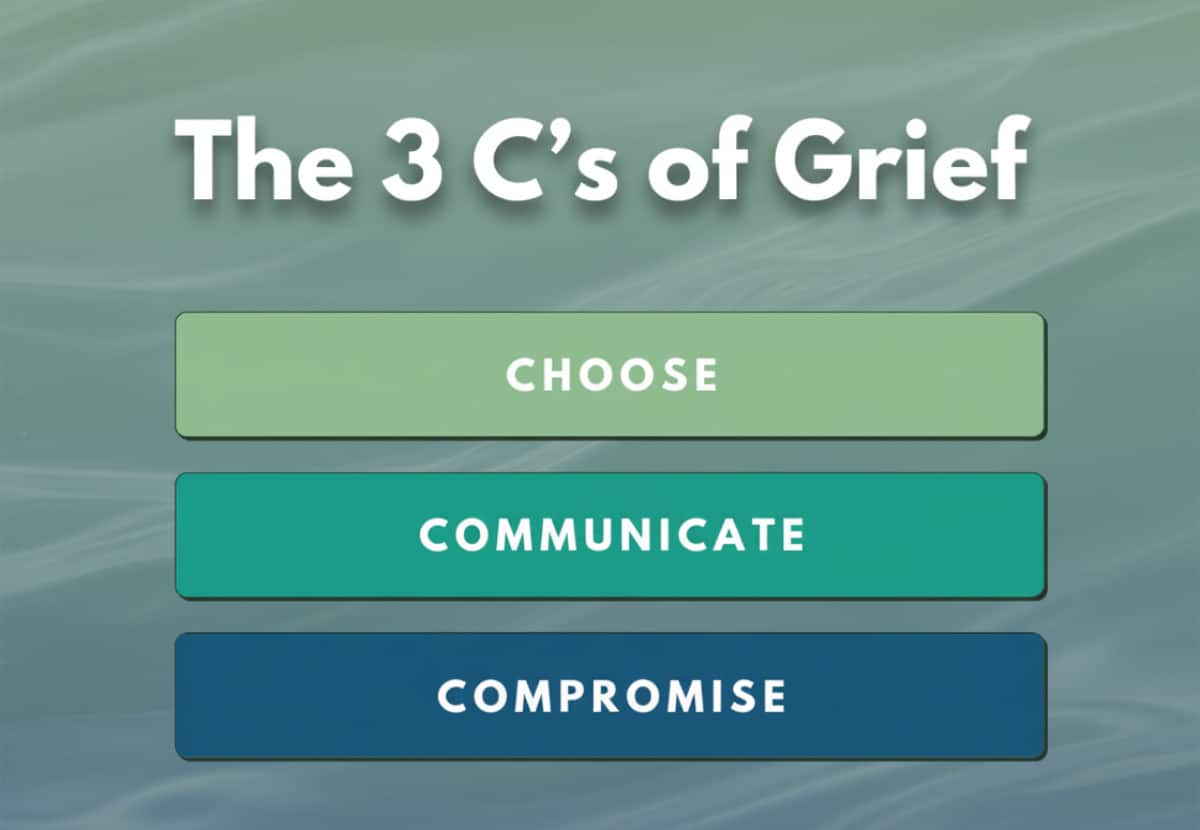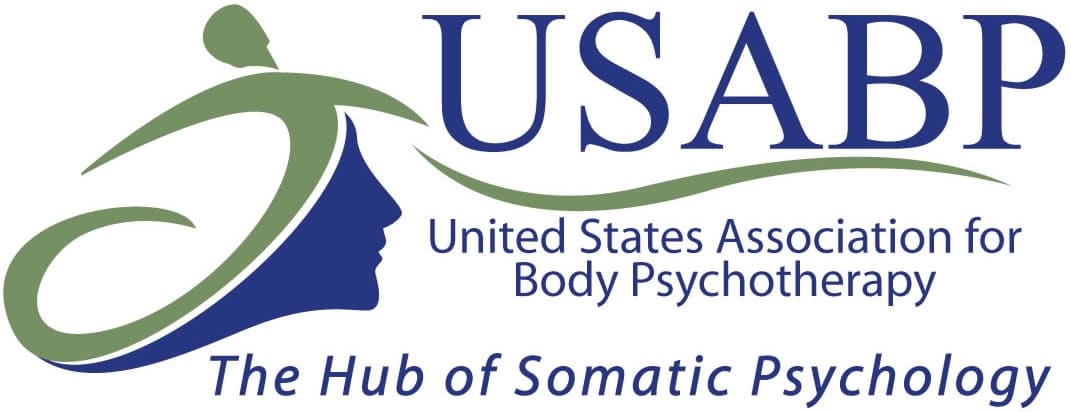Trauma Counselling helps you process traumatic experiences and rebuild safety, confidence and control. At Energetics Institute, our trauma therapists support adults and couples across Perth and online Australia wide. We use evidence based approaches including Eye Movement Desensitisation And Reprocessing (EMDR), Sensorimotor Psychotherapy, body based regulation and Cognitive Behavioural Therapy to treat Post Traumatic Stress Disorder and complex trauma in a safe and supportive environment.
Key Post Traumatic Stress Disorder Facts
- Who We Help: Adults and couples affected by traumatic events including single incident injuries, natural disasters, workplace incidents, vicarious trauma and experiences of abuse.
- How We Work: Trauma informed therapies that combine bottom up nervous system regulation with top down psychological treatments to reduce trauma symptoms and promote healing.
- Where We See You: Inglewood clinic, 82 Tenth Ave, WA 6052, or secure online counselling across Australia.
- Session Length: Standard 55 minute consultation with clear goals and home practice.
- What You Can Expect: Practical coping strategies, grounding techniques, emotional regulation skills and a tailored plan for treating PTSD or complex PTSD.
Do These Trauma And PTSD Signs Sound Familiar
Trauma affects daily life in many forms. Some people notice intrusive traumatic memories or distressing memories that arrive without warning. Others feel hypervigilance, sleep disruption or body based symptoms such as tension, numbness or shakiness. Many clients describe avoidance, emotional disconnection, negative thoughts and difficulty maintaining healthy relationships with loved ones. These trauma reactions are the nervous system’s attempt to keep you safe after traumatic situations. Effective trauma therapy helps your brain and body regain control so you can return to work, relationships and study with confidence.
How Trauma Therapy Works At Energetics Institute
Our comprehensive approach blends evidence based treatments with individualised care. We combine psychological treatments that make sense of experience with somatic methods that resolve held patterns in the nervous system.
Why Choose Energetics Institute For CBT Therapy
Our Reviews
What Happens In Your First Three Sessions
Assessment Safety Plan And Goals
We clarify your story, current trauma symptoms and supports. You leave with a safety plan, two practical grounding techniques and a clear therapeutic process tailored to your needs.

Stabilisation Skills And Regulation
You build skills for emotional regulation, including breath pacing, sensory anchoring and cognitive reframing. We introduce body awareness so you can notice early signs of escalation and respond quickly.

Targeted Processing Pathways
When appropriate, we begin EMDR, narrative therapy or schema therapy for treating trauma memories. You practise home strategies that reinforce learning between sessions.

Results You Can Expect And Typical Timelines
Most clients notice improved sleep quality, reduced reactivity and better focus within four to six sessions when using consistent home practice. Treating PTSD or complex trauma arises from combining stabilisation, memory processing and integration. Single incident trauma may resolve in fewer sessions, while complex PTSD often benefits from longer phased care. Your counsellor reviews progress at regular intervals so the plan remains realistic, respectful and effective.

















